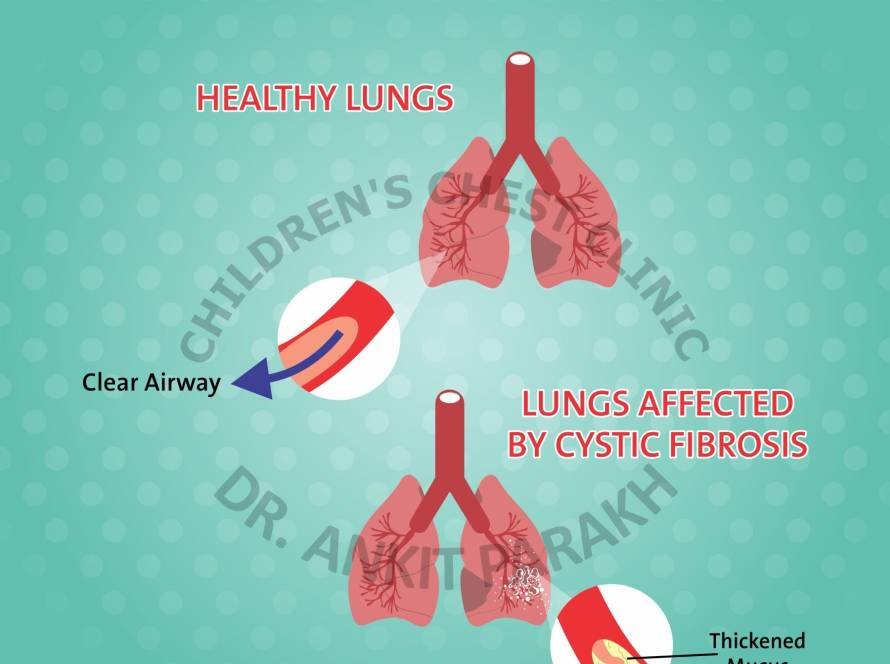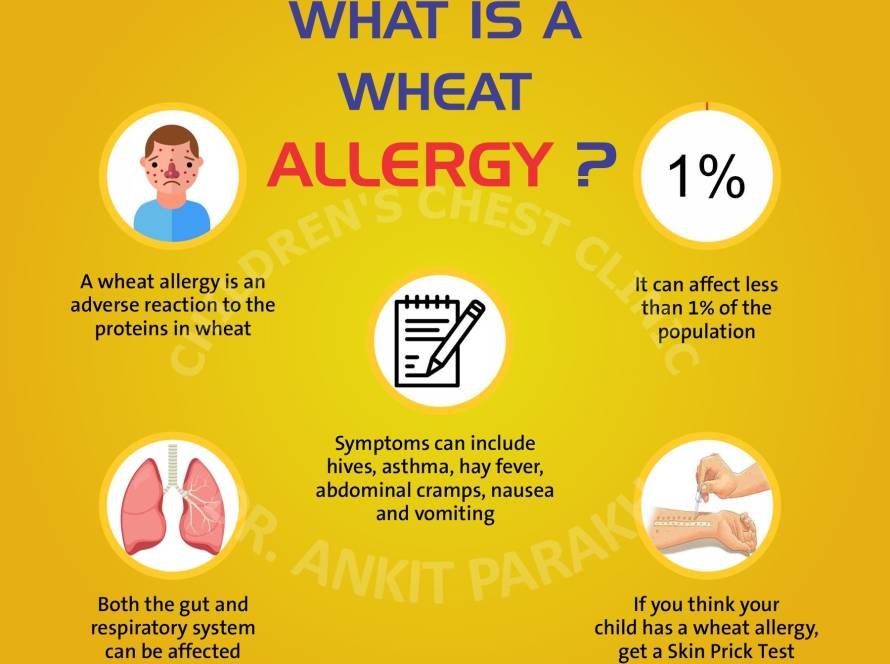Asthma is the most common chronic disease seen in children, adolescents and young adults. It leads to many chronic symptoms such as cough, wheezing, breathlessness but also acute asthma attacks. Children with asthma if given appropriate care remain well with no symptoms if given appropriate treatment. Worldwide experience suggests that most children with asthma remain symptomatic and keep having asthma attacks I.e. remain poorly controlled.
What are the key signs of successful asthma control?
Children with good asthma control do not have any breathing difficulties, cough or wheezing on most days. Children can do exercise without having any cough, wheezing or breathlessness. Children with good asthma control are able to sleep comfortably through the night without any night awakenings due to cough, wheeze, or chest tightness.

Why is a good control of Asthma required?
It is extremely important to have a good control on a child’s asthma. In children with well controlled asthma the allergic swelling or inflammation inside the airways or bronchi would be low or absent. Good control of asthma leads to adequate relief of symptoms, a “normal” lung function test and reduced asthma attacks.
What are the common reasons for a poorly controlled asthma?
The reasons for a poor control of asthma can be many. The common reasons are a wrong diagnosis (may be having some other diagnosis like bronchiectasis, cystic fibrosis, ciliary dyskinesia, etc), incorrect technique of inhalers, not using spacers with inhalers, associated problems like a sinusitis, allergic nose, etc.
What evaluation is required for asthma with poor control?
Evaluation of asthma with poor control requires a proper step wise approach. We start with a thorough case history including treatment details and technique of taking inhalers. Children with asthma having poor control require a Lung Function Test for assessing obstruction in the lungs and a Skin Prick Test to identify the cause of allergy. Some children might require some special tests like FeNo and bronchoscopy depending on a case-to-case basis. Further treatment is based on the above evaluation and investigations.
How do we treat a child with Asthma who is not well controlled?
Most children with asthma having poor control and low lung functions require proper asthma education on taking inhalers, allergen avoidance and management of asthma attacks. We might need to adjust or add the medicines to achieve good control of asthma. Very rarely a child may not respond to the usual medicines and require anti-IgE medicine Omalizumab.
If your child is having Asthma and still keeps having symptoms you need to get in touch with a pediatric pulmonologist/allergist for proper evaluation and treatment.






